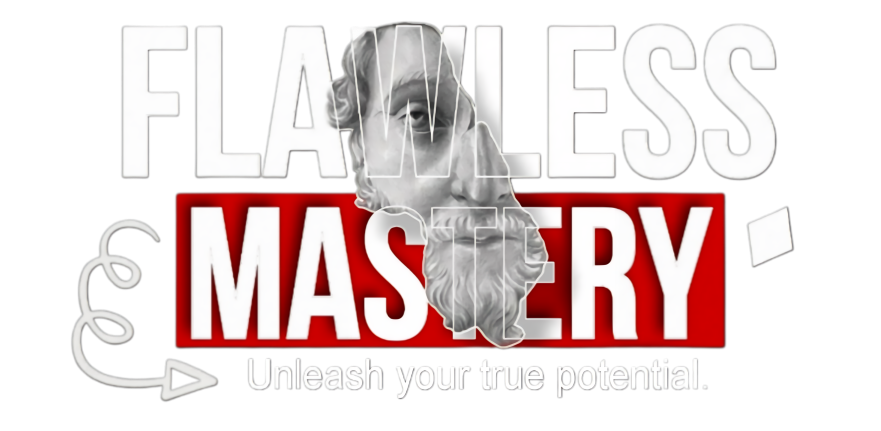We all have something we wish we could quit, whether it’s a bad habit, an unhealthy addiction or something that holds us back in life. I’ve been there too, struggling with things I thought I couldn’t let go of. But let me tell you, quitting is possible. It’s not about being perfect; it’s about taking small steps toward a better you. In this guide, I’ll share simple steps to quit any bad addiction that worked for me and can work for you too. Remember, you’re stronger than you think, Let’s do this together!
How Addiction Can Affect You
Addiction can affect you in many ways, and not just physically. It can impact your mind, your relationships, and your everyday life. When you’re addicted, it can feel like you’ve lost control, and that can lead to feelings of guilt, stress, or sadness.
Physically, addiction can harm your body. Whether it’s smoking, eating poorly, or other unhealthy habits, it can make you sick and tired. It can also lower your energy and affect your overall health.
Mentally, addiction can make it hard to think clearly. It can cause anxiety, depression, or stress, which makes it even harder to focus or make good choices. You might also feel frustrated or irritated all the time, not knowing exactly why. The reason is your addiction.
Addiction also affects your relationships with family and friends. It can create trust issues, lead to arguments, and even cause people to distance themselves from you. This can leave you feeling lonely or disconnected. In your daily life, addiction can hold you back from your goals or prevent you from enjoying the things you love. It can make you feel stuck, like you can’t move forward. But remember, even though addiction affects you in many ways, you have the power to change.
Understanding Addiction: The First Step
Addiction is more than just a bad habit; it’s a powerful force that takes control of your mind and body. It can be triggered by stress, trauma, or even a need to escape from reality. But the good news is that recognizing your addiction is the first step to freedom. When you admit that you’re addicted to something, you start to take back control. It’s not an easy step, but it’s one of the most important. The next part of the journey is learning how to quit any bad addiction and staying focused on that goal.
Know Your Triggers
One of the first steps in quitting any bad addiction is knowing what makes you want to do it. These are called triggers. Triggers are things like certain feelings, places, or people that make you want to go back to your addiction. For example, you might feel the urge to smoke when you’re stressed, bored, or alone. Or maybe there are certain times of the day or places that make you crave your addiction. Understanding your triggers helps you avoid them or handle them better.
Replace the Addiction with Healthy Habits

Replacing your addiction with healthier habits is one of the most effective strategies. For example, smoking, you can replace that habit with deep breathing exercises or going for a walk. If you have an unhealthy eating addiction, try to replace unhealthy snacks with healthy meals, fruits or nuts. if you’re struggling with porn addiction, consider replacing the urge with physical activities like exercising. Engaging in workouts, whether it’s going for a run, lifting weights, or training in sports like boxing or other martial arts can be very effective.
As an MMA fighter, I recommend hitting the pads or training in martial arts whenever you feel the urge. Physical activity not only helps reduce cravings but also improves your mood and mental health, making it easier to fight addiction. You must check out this ultimate guide to fighting because it has simple tips to help you stay focused, build discipline, and get stronger with martial arts.
Set Clear Goals
When you set a goal to quit any bad addiction, it’s important to make that goal clear and realistic. Start with small, achievable steps. For example, instead of saying, “I’ll never smoke again,” start by saying, “I will reduce my cigarette consumption by half this week.” The same goes with other bad addictions. Don’t forget to celebrate your progress, no matter how small. It’ll motivate you to keep going.
Spend Time with Your Loved Ones
Quitting any bad addiction is easier when you have support. Spending time with family and friends who care about you can really help. They can encourage you, remind you of your goals, and make you feel less alone. If you don’t feel like talking to your loved ones right away, just being around them can help lift your spirits. Sometimes, a simple conversation or doing something fun together can take your mind off the addiction and make it easier to stay on track. It’s important to have people who care about you by your side when things get tough.
Learn from Setbacks
Stay Committed to Your Decision
Quitting any bad addiction is a big decision, and it’s important to stick to it. Write down why you want to quit and keep the list somewhere you can see it every day. You can write it in your phone’s notes app or put it as your wallpaper, so you see it again and again. This will remind you why you’re doing this and keep you motivated.
Remember, quitting takes time, but every step you take is progress. Stay focused on your goal and keep working towards being a better version of yourself.
My Personal Tip
Take advantage of social media to help you stay on track. Unfollow any bad influencers, like those who post uncensored content or nudity and instead, follow motivational pages or channels. People like David Goggins and Andrew Tate can inspire you with their messages. Also, listen to Phonk music, it might sound weird, but it can really pump you up. Whenever you feel the urge to give in, watch something motivational or listen to Phonk music and remember, you don’t have to give in. This method has personally helped me. I believe it can help you too.
Conclusion: Stay Strong and Keep Going
Quitting any bad addiction is a journey that takes time and effort. But trust me, it’s totally worth it. Each day you work toward quitting gets you closer to a healthier, happier life. If you’re serious about quitting, just focus on making small, positive changes. Replace the addiction with better habits, spend time with your family, friends, stay committed to your goals, and be patient with yourself. And remember, if you slip up, don’t give up. Try again and again. You’ve got the strength.
If you found this helpful, don’t forget to check out my other guides. They’ll give you even more tips and support on your journey to success. And, if you have any thoughts or questions, feel free to drop them in the comments.
Your Questions Answered
Q1: How long does it take to quit an addiction?
The time it takes to quit depends on the person and the addiction. It can take anywhere from a few weeks to several months to quit an addiction.
Q2: What are the first steps to quitting any bad addiction?
The first steps are recognizing the addiction, finding out what triggers it, and setting simple goals to reduce or quit the habit.
Q3: Can exercise help with quitting addiction?
Q4: How do I deal with setbacks when quitting an addiction?
View setbacks as chances to learn. Think about what caused the setback and use that to make yourself stronger for the next time
Q5: What Causes Addiction?
Addiction can be caused by many things. Often, people turn to substances or behaviors to deal with stress, escape from reality, or deal with family or home problems. Triggers like feeling lonely, anxious, or facing difficult emotions can make someone more likely to turn to an addiction. It’s important to recognize these triggers so you can take steps to break free.




